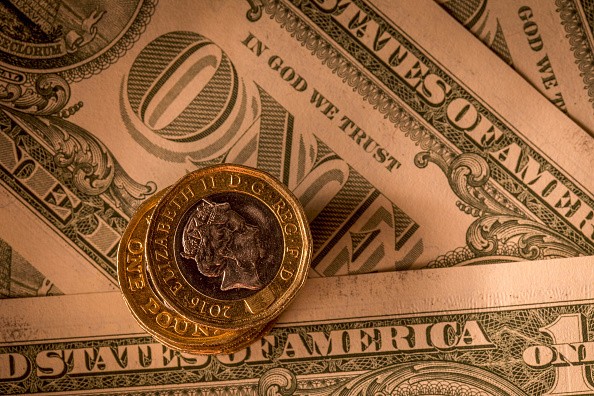
The Federal Bureau of Investigation (FBI) has sternly suggested that businesses affected by ransomware attacks must never give money to their attackers.
However, the US government offered an incentive for victims who gave in to the cybercriminals' negotiation -- the ransoms could be deductible from their tax.
Should You Pay Ransomware Payments?
According to Journal Gazette, the Interal Revenue Service (IRS) does not offer any formal guidelines with regards to ransomware payments. But numerous tax experts stated that deductions could be possible because it is allowed under the law and the established guidelines.
Tax lawyers and accountants claimed that it is a silver lining that is given to ransomware victims.
However, those who claimed that victims should not give ransomware payments are less sanguine. Journal Gazette reported that they are afraid that tax deduction might become a problematic incentive that would compel businesses to pay the ransom despite the law enforcement's prohibition.
The slightest damage that the deduction could bring is a discordant message to various companies under duress.
The Issue with Ransomware Tax Deduction
New York representative John Katko mentioned that the concept of paying a ransom and having it deducted in a business' tax is a little inconsistent.
By touching tax deductibility, a more significant difficulty will be affected.
It came from the increasing ransomware attacks that continued to hurt the economy. Cybercriminals have stolen vast numbers of personal data, and asked for money in exchange for unlocking the files.
The government does not want to condone any positive reinforcement to criminal groups that could potentially fund their operations. But if a company fails to pay the ransom, it might face devastating consequences, and the entire economy might be heavily affected.
Biggest Ransomware Attacks in 2021
Previous ransomware attacks have already proven themselves effective in terms of damaging the economy.
For example, the ransomware attack on the Colonial Pipeline in May resulted in gas shortages in certain parts of the United States because citizens decided to hoard as much fuel as they could purchase when they heard that the company had been attacked.
Colonial Pipeline is responsible for transporting 45% of the fuel that the East Coast consumes, and it had no choice but to pay its attackers 75 Bitcoin, which totaled to $4.4 million at the time.
Another attack happened to JBS, the world's biggest meat processing supplier, where the attackers threatened that it would disrupt its food supplies. As a remedy, the company gave in to the ransomware gang and paid $11 million.
Should Ransomware Payments be TAX Deductible?
According to an expert that Journal Gazette featured, companies that give into their attackers' ransomware demands deserved to claim tax deductions. And because most businesses can deduct losses from other crimes like embezzlement and robbery, experts suggested that ransomware payments should also be valid.
However, it might give ransomware gangs the false impression that they can get away with it because the government seems to condone it.
Related Article : Ransomware Operations of Clop Gang Resumes After Recent Arrests - New Data Breach Victims
This article is owned by Tech Times
Written by Fran Sanders

![Apple Watch Series 10 [GPS 42mm]](https://d.techtimes.com/en/full/453899/apple-watch-series-10-gps-42mm.jpg?w=184&h=103&f=9fb3c2ea2db928c663d1d2eadbcb3e52)


